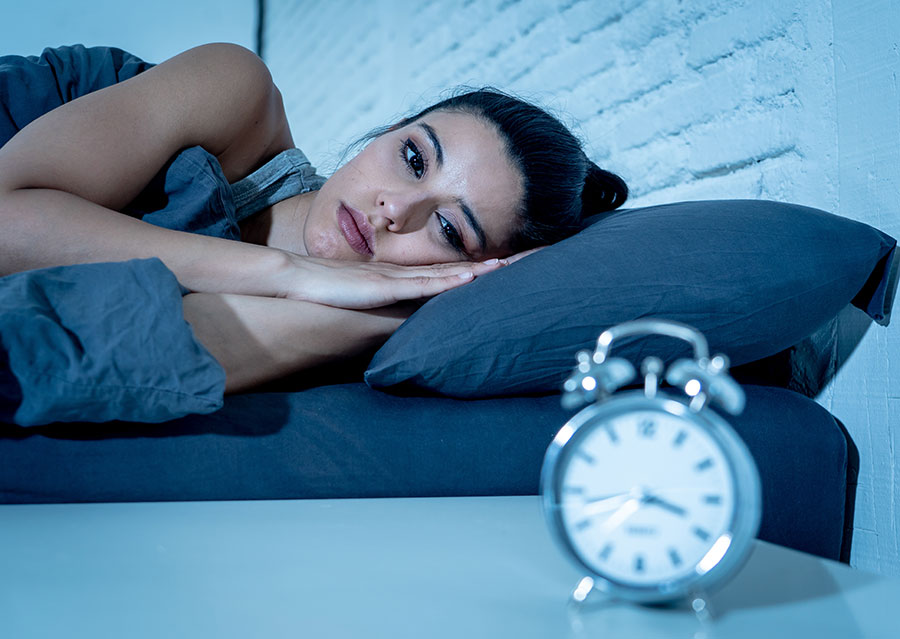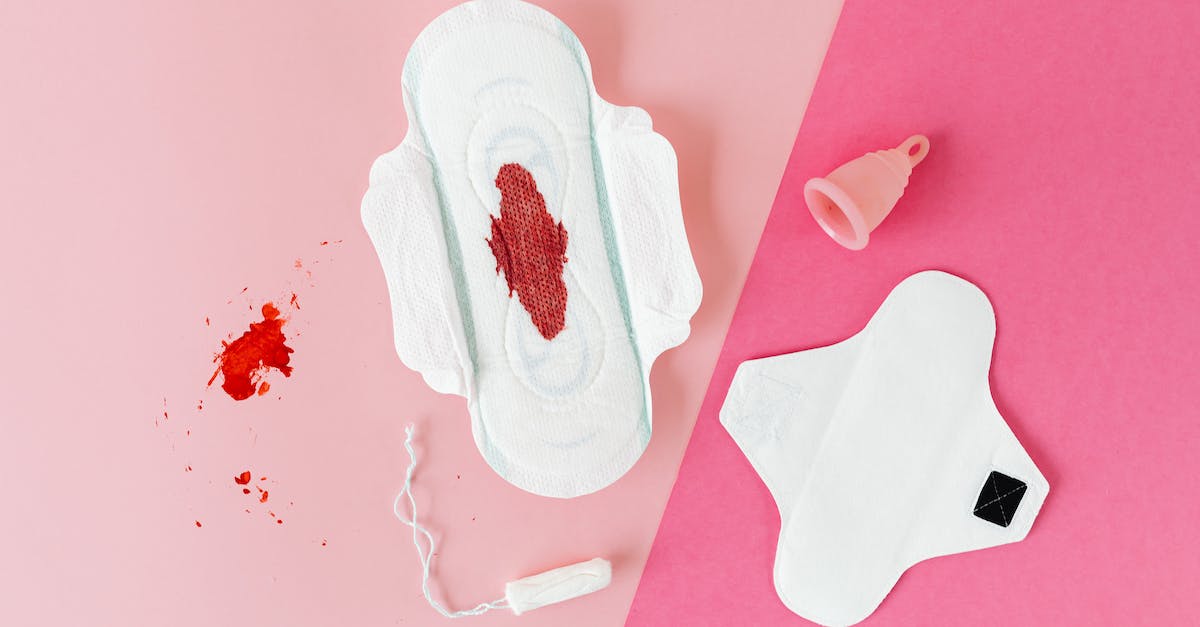Are you tired of the seemingly never-ending days of dealing with your period? Well, you’re not alone. Many women have wondered if there’s a way to shorten the duration of their menstrual cycle. One intriguing claim that has gained attention is whether using pads can actually make your period shorter. It’s an enticing thought, but is there any truth to it? Let’s look into the science and separate fact from fiction.
Contents
Does Using Pads Shorten Your Period?

Firstly, it’s important to note that there is no scientific evidence to support the idea that using pads can make your period end faster. While some women may feel like their periods are shorter when using pads, this could be more related to their perception of blood volume rather than an actual reduction in the duration. Perhaps they are noticing the blood flow in a different way compared to when using tampons or menstrual cups.
On the other hand, there is a belief that using organic reusable menstrual pads can potentially shorten your period when compared to disposable pads. However, it’s crucial to mention that there have been no clinical studies conducted to validate this claim. Despite the lack of hard scientific evidence, many women find organic reusable pads to be a worthy investment for their health. These pads are free of harmful chemicals often found in disposable pads, which can be beneficial for those with sensitivities or allergies.
The Length of a Normal Period
Factors that Affect the Length of a Period
The duration of your period is influenced by various factors, primarily your body’s hormonal fluctuations. It’s important to note that every person’s menstrual cycle is unique, with variations in duration and flow. While some individuals may experience heavy flow lasting several days, others may have lighter flow and shorter durations.
The hormonal factors that can make periods longer include:
- Pituitary Hormones Imbalance: Fluctuations in the production of follicle-stimulating hormone (FSH) and luteinizing hormone (LH), caused by any structural changes in the pituitary gland, can lead to longer menstrual bleeding. Studies have shown that increased levels of FSH are associated with longer periods.
- Thyroid Hormone Levels: Decreased levels of thyroid hormones can cause longer and heavier periods.
- High Estrogen Levels: Elevated estrogen levels can make the endometrium (the lining of the uterus) become looser with more blood vessels, thereby increasing the duration of periods.
While these hormonal factors play a significant role, keep in mind that the duration of your period can also be influenced by the chemicals you ingest and your overall lifestyle.
Common Misconceptions about Shortening Periods
Let’s address some common misconceptions about shortening periods:
- Organic Pads: Despite claims suggesting that using organic pads can shorten your period, there is no scientific evidence to support this. The length of your period is primarily determined by your body’s hormonal balance and individual cycle variation. While some users may report shorter and lighter periods when using organic pads, this may simply be due to their perception of blood volume or the unhampered flow of menstrual blood.
- Tampons: It’s a common belief that tampons can shorten periods. However, tampons do not have the ability to alter the length of your period. In fact, tampons can sometimes lead to longer periods as they may interfere with the natural flow of menstrual blood.
- Excess Estrogen: Excess fatty tissue in the body can result in higher estrogen production. This excess estrogen can lead to changes in your menstrual cycle, including extended period durations.
Alternative Methods to Shorten Your Period

Hormonal Birth Control Methods
One effective way to shorten your period is by using hormonal birth control methods. Hormonal contraception, such as combined contraceptive pills, can control your menstrual cycle by impacting hormone levels in your body. This, in turn, “tricks” your body into thinking you’re already pregnant, which can lead to a reduction in the duration of your period. Studies have shown that hormonal contraception is one of the most reliable methods for changing or controlling the menstrual cycle.
It’s important to note that while hormonal birth control can shorten your period, it does come with potential risks. According to the American Cancer Society, women who use hormonal birth control methods may have a slightly increased risk of breast cancer and are five times more likely to develop cervical cancer. However, it’s worth noting that longer usage of hormonal methods can also reduce your risk of endometrial cancer, cervical cancer, and colon cancer.
Natural Remedies and Lifestyle Changes
In addition to hormonal birth control methods, there are also natural remedies and lifestyle changes that can help shorten your period. These methods may not be as effective as hormonal contraception, but they can still be worth exploring. Here are a few options to consider:
- Exercise: Regular exercise has been shown to not only improve overall health but also help shorten the duration of periods. The movement of muscles during exercise can stimulate uterine blood to exit the body, thereby reducing the length of your period.
- Herbal Remedies: Certain herbs, such as fennel, have analgesic and anti-inflammatory properties that can decrease the length of menstrual blood flow. Incorporating herbs into your diet, either through supplements, tea, or recipes, may help shorten your period.
- Diet and Weight Management: Maintaining a healthy body weight and lifestyle can have a positive impact on your menstrual cycle. Unusual weight fluctuations can disrupt your cycle, while a healthy weight can help regulate it. Additionally, zinc and vitamin B6 supplements or foods rich in zinc and vitamin B6 can help alleviate discomfort and normalize hormonal levels.
By exploring these alternative methods, you may be able to find a solution that works best for you. However, it’s essential to keep in mind that everyone’s body is different, and what works for one person may not work for another. Listen to your body and make choices that prioritize your health and well-being.
FAQs
Can hormonal birth control shorten a woman’s menstrual period?
Yes, hormonal birth control methods, such as combined contraceptive pills, can shorten a woman’s menstrual period. These methods work by “tricking” the body into thinking it’s already pregnant, which reduces the duration of the period.
Are there any natural remedies or lifestyle changes that can help shorten periods?
Yes, there are natural remedies and lifestyle changes that can help shorten periods. Regular exercise, incorporating certain herbs into the diet, and maintaining a healthy weight are some examples. However, it is important to consult with a healthcare professional before trying any new methods, as what works for one person may not work for another.
Can ibuprofen or free bleeding make your period end faster?
No, ibuprofen would require a high dose that is not recommended for period cessation. Free bleeding may seem to speed up the end of the menstrual cycle, but there is no scientific evidence to support this claim.
I am a medical student with experience and interest in Women’s health and well-being.